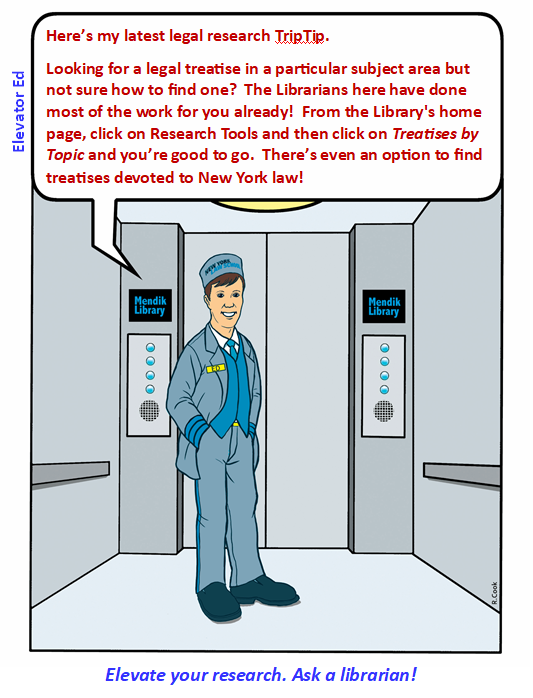For those 1Ls who have not yet taken one or both of their required RSWs for Legal Practice, there is a make-up session for each class being offered on Sunday, October 31 (Happy Halloween!).
You must register using the links below to attend these classes.
MAKE-UP Jurisdiction & Authority RSW
2:00pm – 2:50pm, Sunday, October 31, 2021
https://nyls.libcal.com/event/8405889
MAKE-UP Secondary Sources RSW
3:30pm – 4:20pm, Sunday, October 31, 2021
https://nyls.libcal.com/event/8405900


